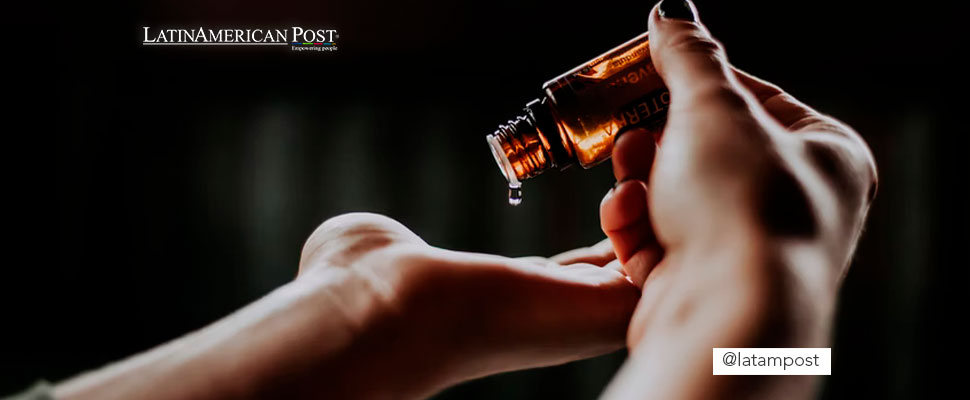Possible Risks of using CBD in Pregnant Women
Although the tests are not conclusive, it is advisable to avoid the consumption of this substance during pregnancy and lactation. These are the possible risks of CBD in pregnant women.

Regardless of the reason why it is used, this could also have contraindications, especially in women who are in a state of pregnancy. Photo: Unsplash
LatinAmerican Post | Brandon Martínez Salazar
Listen to this article
Leer en español: Posibles riesgos del uso de CBD en embarazadas
Marijuana is a plant that over the decades has been stigmatized by governments without any scientific basis. Although it is true that smoking any type of substance has negative effects on the respiratory and immune system, studies of this plant have shown that its components (such as CBD) turn out to be favorable for certain types of diseases. However, there are situations where consumers should not use cannabidiol.
To put it in context, CBD or cannabidiol is one of the components of marijuana that is not associated with the condition of being high and its properties have been effective for some treatments. It has been scientifically proven that it can be useful to relieve muscle pain, it is an anti-inflammatory and has helped patients with neuronal pathologies, mostly consumed in liquid form: cannabis oil.
Why is CBD not recommended during pregnancy?
According to the FDA (United States Food and Drug Administration), there is currently no conclusive research on the effects of CBD on the developing fetus, pregnant or nursing mother. However, there are concerns, since the information that has been obtained so far on this issue is that this can probably induce certain risks in pregnancy.
La FDA continúa recopilando y estudiando los datos sobre los posibles efectos nocivos del uso de CBD durante el embarazo y la lactancia. Sin embargo, según lo que sabemos, existe un motivo de preocupación importante. https://t.co/gk2JJI1D9A
— CEPAAD (@CEPAAD_2017) October 17, 2019
Some research done on pregnant animals where they were given high doses of CBD showed risks in the reproductive system of male fetuses. However, it is presumed that cannabidiol concentrated in the woman's body can also be transferred to the baby during lactation.
On the other hand, the FDA has been investigating the risks that the fetus or the breastfed baby can suffer from the consumption of contaminated CBD. This is because according to reports, in some cases this component has been found contaminated with pesticides, heavy metals, fungi and bacteria.
Possible negative effects on children's mental health?
Some women during pregnancy take cannabidiol to relieve nausea and anxiety. However, in a new study conducted by the Icahn School of Medicine at Mount Sinai Hospital and the City University of New York, behavioral disorders were found in children whose mothers had used CBD in pregnancy.
Read also: Infographic: Medicinal Cannabis, What is the Difference Between THC and CBD?
In this investigation, neurological tests were performed and hair samples were analyzed in the children. Likewise, children between the ages of 3 and 6 were twice as likely to be anxious, aggressive or hyperactive. In addition, when their hair was analyzed, a high level of cortisol, the well-known stress hormone, was found. A brief explanation for this is that it is due to the alteration of the activity of genes in the placenta at the time of gestation.
Although these tests do not conclude that cannabis is actually the cause of these pathologies, as more rigorous investigations are suggested in this regard, it is recommended that women (during and after pregnancy) do not consume CBD to minimize possible risks in babies.




